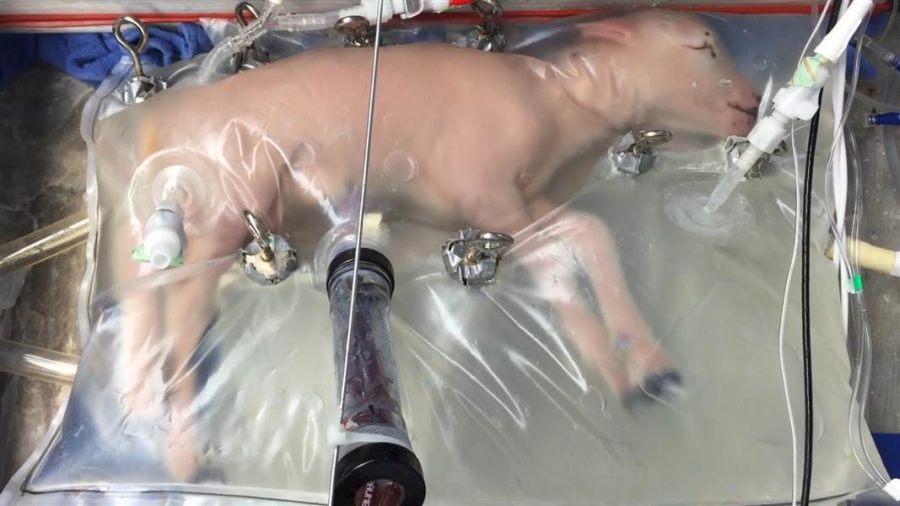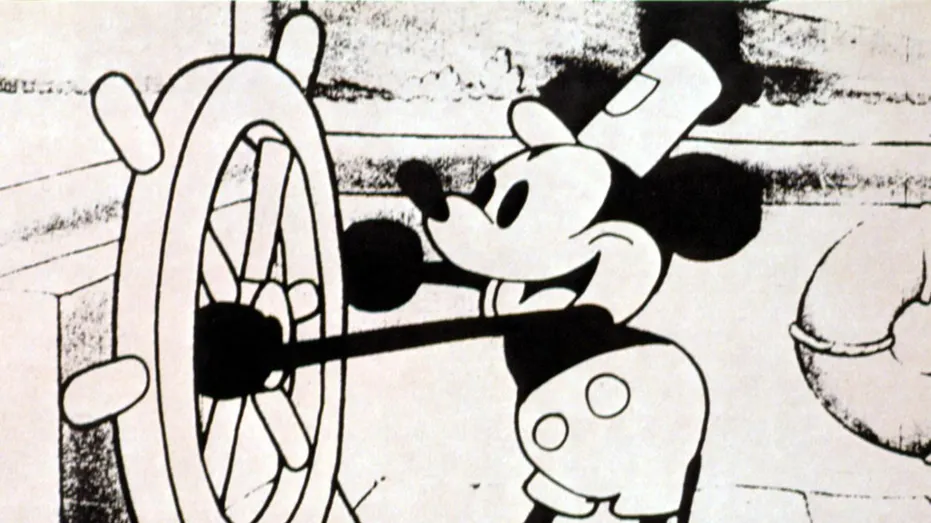Could Artificial Wombs be the Future?
March 9, 2018
An artificial womb…as in outside of the mother’s body. I know it sounds like something out of a sci-fi movie, but really it was designed to increase the survival chances of babies that are born prematurely. The infants born too early require extensive care and even then it is possible that they will suffer from health conditions due to their stunted organ development. In order to assist in this sad truth, Alan Flake set off to create a solution. He developed something called a Biobag.
These Biobags are made of clear plastic and contain an electrolyte solution similar to the amniotic fluid. The bag is also attached to a pump less circulatory system to allow the baby to exchange carbon dioxide for oxygen.
Although this device hasn’t been used on human babies yet, several successful animal trials have been performed. The first of these was a trial involving eight lambs that were born midway through pregnancy. They were placed inside the Biobags for four weeks where their lungs and brain grew, they sprouted wool, opened their eyes and started to move around.
Alan Flake, a fetal surgeon at the Children’s Hospital of Philadelphia, and lead scientist in this project notes that it is “complete science fiction to think that you can take an embryo and get it through the early developmental process and put it on our machine without the mother being the critical element there.”
This means that although you may be able to grow premature babies, science is very far from placing an embryo in a plastic bag and creating a baby.
Even though this technology is groundbreaking, several ethical issues have arisen with the appearance of this technology in its field. Many people are worried what the consequences might be of denying children human touch within the last few months of pregnancy. This could cause issues later even if therapy is part of the baby’s treatment.












